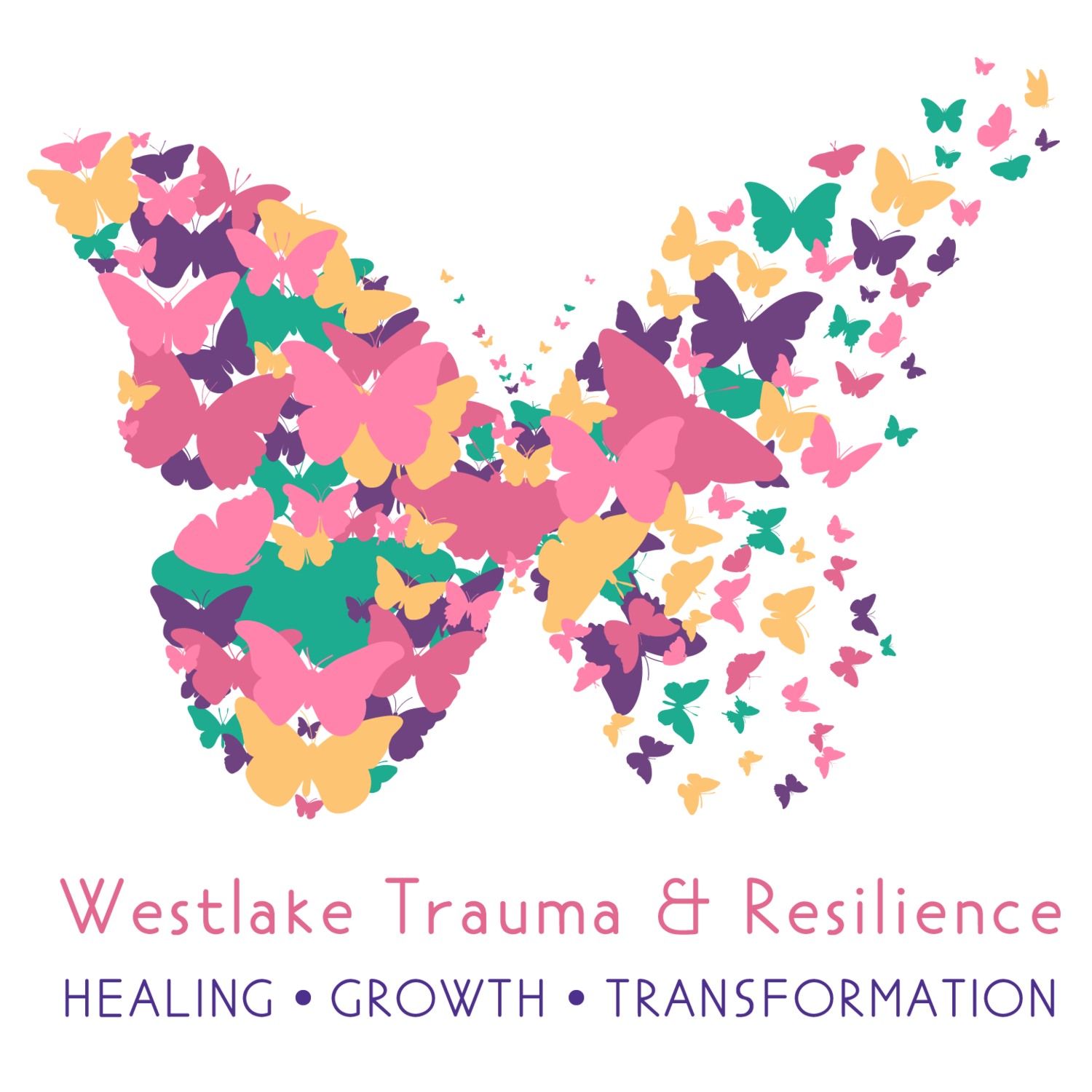The Silent Struggle: Why Men’s Mental Health Matters Now More Than Ever
Challenges Faced by Men
In a world where strength has too often been mistaken for silence and vulnerability misread as weakness, men’s mental health continues to be overlooked and misunderstood. Yet beneath the surface, men experience the same spectrum of emotions, fears, and pressures that shape every human experience. It’s time to change the narrative—to remind men that tenderness, honesty, and emotional authenticity are not flaws but forms of strength.
Challenges Faced By Men
Society still places men inside tightly drawn boxes, expecting them to remain composed, unshakable, and strong at all costs. Many grow up hearing messages that equate emotion with failure, and as a result, they learn to hide pain rather than heal it. This suppression can lead to isolation, anxiety, and depression that go unseen and untreated. The constant juggling of work, family, and personal responsibilities often compounds this burden.
Expanding the space for men to be real, emotional, and imperfect isn’t just healthy—it’s revolutionary. When men are allowed to be fully human, everyone benefits: families strengthen, communities grow closer, and cycles of quiet suffering begin to break.
Breaking Down The Stigma
One of the greatest barriers to men seeking help is the deeply ingrained stigma around expressing vulnerability. Too many still believe asking for help signals weakness, when in truth, it is one of the bravest things a person can do. Choosing to speak up means refusing to let pain remain in the dark.
As a society, we can help shift this culture by normalizing honest conversations about therapy, emotions, and self-care among men. Every time a man chooses to reach out, tell his story, or simply say, “I’m struggling,” it softens the walls that keep others silent. Each voice creates ripples of permission for others to heal.
Opening Up: The Power of Communication
Talking about emotions can feel uncomfortable at first—but it’s one of the most powerful tools for healing. Genuine communication builds emotional safety and trust, making space for men to express truth without fear of judgment. Whether it’s a deep conversation with a friend, a quiet talk with a loved one, or a therapy session, speaking what’s inside offers freedom and relief.
It’s through these honest exchanges that men rediscover a sense of connection—to themselves, to others, and to life. It reminds them that they never have to carry it alone.
Coping Strategies and Self-Care
Physical Activity: Moving the body helps release tension, boosts endorphins, and keeps emotions from getting trapped inside. A simple walk, workout, or stretch can shift the mind and mood.
Mindfulness and Meditation: Learning to slow down and turn inward fosters emotional awareness and calm. These practices help men reconnect with their bodies and notice what they truly need.
Creative Outlets: Art, music, writing, or building something with your hands can transform emotion into expression. It’s not about perfection—it’s about release.
Social Connections: Brotherhood and belonging matter. Sharing experiences and laughter with friends or loved ones creates a sense of purpose and safety that no one should live without.
These practices remind men that care is not indulgence—it’s maintenance for the mind, heart, and soul.
Seeking Professional Help
Just as no one hesitates to see a doctor for a broken bone, emotional pain deserves professional care too. Counselors, therapists, and psychiatrists provide a space to unpack fears, heal trauma, and learn new ways of coping. Therapy offers guidance, tools, and perspective that can redirect life toward balance and peace.
Reaching out isn’t a sign that life has fallen apart—it’s proof that you’re choosing to build something new.
Supporting Men’s Mental Health
Every person can play a role in uplifting men’s mental health. Small acts of compassion and understanding can create lifelong impact.
Open Dialogue: Make it normal to talk about emotions. Ask, listen, and share your own feelings to model openness.
Active Listening: When a man opens up, don’t rush to fix him—simply hear him. Presence is often more powerful than advice.
Normalize Help-Seeking: Celebrate the courage it takes to get help. The more we affirm that therapy is strength, the more men will feel safe to pursue it.
A Call To Compassion and Change
Men’s mental health is not just a private matter; it’s a collective responsibility. When we dismantle stigma and welcome vulnerability as strength, we create ripple effects of healing that transform families, workplaces, and communities.
No one deserves to walk through life armored in silence. Healing begins when honesty meets empathy—and when strength is redefined not by endurance, but by authenticity and vulnerability. Let’s stand together in building a world where men feel seen, safe, and free to take care of their hearts, minds, and souls too.
If you are, or know someone, looking to begin therapy, feel free to check out my website.




